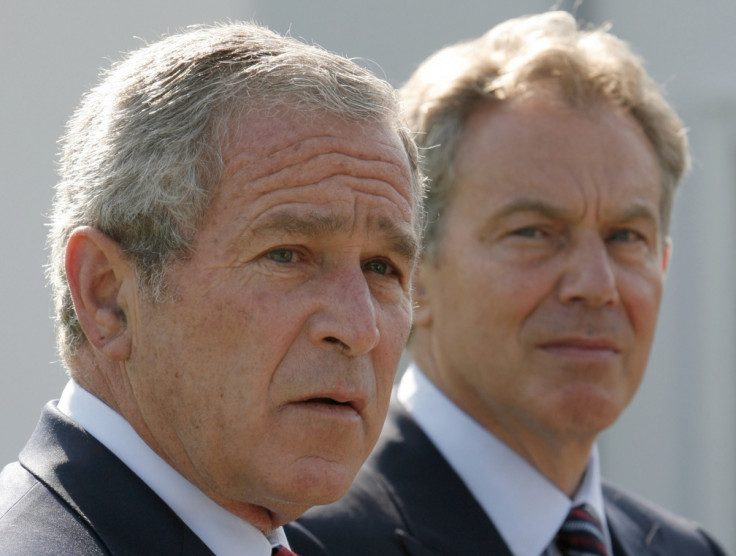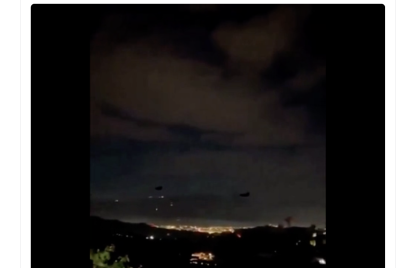Tony Blair backed Iraq war a year before invasion said Colin Powell

Tony Blair signalled that he would support the US "should military operations be necessary" in Iraq almost a year before the 2003 invasion, a once-classified document written by the former American secretary of state has revealed.
The former prime minister knew "he may have to pay a political price for supporting us on Iraq and wants to minimise it", wrote Colin Powell, the retired four-star US general, who oversaw the first Gulf War in 1991.
But he said Blair would nonetheless "stick with us on the big issues," according to the documents published by The Mail on Sunday. The newspaper claims that the previously secret briefing note was written a week before Blair met former US president George W Bush at his ranch in Crawford, Texas.
Powell wrote that the former prime minister was convinced the threat from former Iraqi leader Saddam Hussein was real and that success against him would "yield more regional success". He went on to praise Blair's impressive public relations skills, adding that he might suggest ideas on how to make "a credible public case" on Iraqi threats to international peace and how to keep Iraq's neighbours on-side.
He said Blair would present George Bush with "the public affairs lines that he believes will strengthen global support".
The formerly classified document emerged after a court ruling in the US led to the publication of thousands of emails received by Democratic presidential frontrunner Hilary Clinton.
The FBI has been investigating the security of private e-mail account which she used while serving as secretary of state to President Obama. Clinton says she used it as a matter of convenience, but her opponents have accused her of putting US security at risk by using an unsecured computer system.
Another document included in the batch of emails published by the paper is a briefing for Powell prepared by the US Embassy in London, shortly before the leaders met at the ranch in Texas. Dated April 2002, it said that "a sizable number" of Labour MPs were opposed to military action in Iraq, adding that some favour shifting from a policy of containment of Iraq if there was recent and public proof that Iraq was developing missiles or weapons of mass destruction.
"Most seem to want some sort of United Nations endorsement for military action," it concluded.
This was despite a broadsheet newspaper article by the then foreign secretary Jack Straw and a piece penned for the "tabloid Daily Mail" by Blair himself, it said. "The MPs seem to be representing overall voter opinion," it concluded.
The revelations seem to contradict Blair's claims at the time that he was seeking a diplomatic solution to the crisis when he said: "We're not proposing military action."
He has since denied rushing to war although the UK went on to join the US-led invasion of Iraq in March 2003, despite failing to secure a second United Nations resolution justifying the use of force against the country. The ex-premier also told the Chilcot Inquiry that Bush would have understood he was ready to support military action if the diplomatic route was exhausted.
Sir John Chilcot, the inquiry chairman who began his work in 2009 has not announced a publication date for the report and last month, relatives of UK soldiers killed in Iraq said they would begin legal action if it fails to publish by December.
A spokesman for Blair told The Mail on Sunday that the content of Powell's memo was consistent with what he had said publicly before.
© Copyright IBTimes 2025. All rights reserved.




















